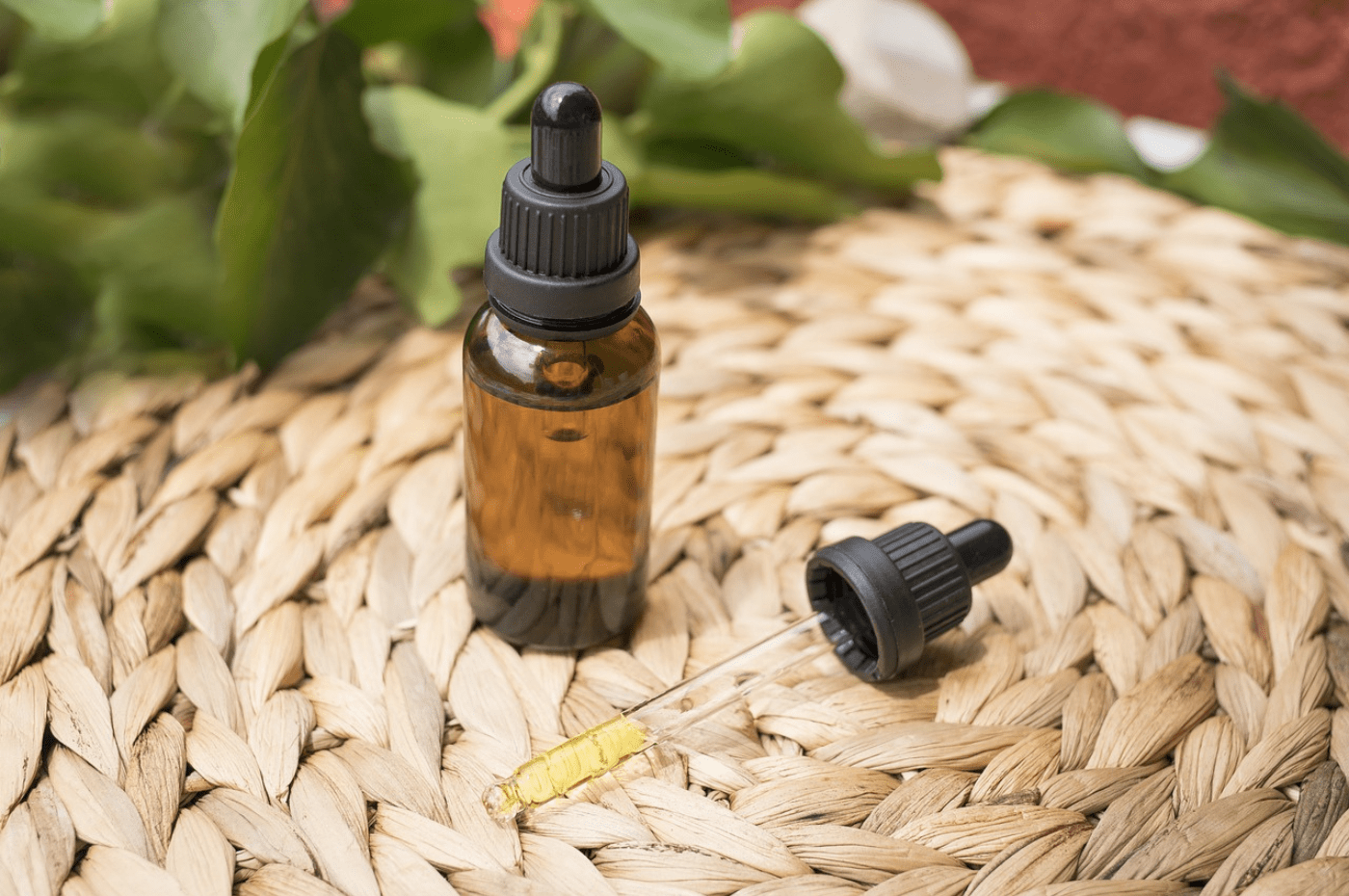New studies show that CBD might help in treating cancer. CBD can reduce cancer pain and make chemotherapy side effects better. However, we don’t know much about how CBD fights cancer yet. In this article, we will discuss the potential benefits of CBD and how it can be efficient in the management of cancer symptoms.
Is CBD effective Against Cancer?
- Cancer Complexity: Cancer is influenced by genetics, environment, and lifestyle, making it challenging to treat. Despite advances in care, patients still face many symptoms and side effects.
- Ongoing Research: Scientists are exploring whether CBD can help manage cancer symptoms and side effects. They are also investigating if CBD could slow or stop cancer growth.
Is Cannabis Promising Anti-Cancer Drug
- Studies suggest cannabinoids, including CBD and THC, might have anti-cancer effects by causing cancer cell death and inhibiting cell growth.
- Research has shown CBD’s potential in breast cancer, demonstrating consistent effects in killing cancer cells and stopping their growth. Similar effects are noted in other cancers like glioma, pancreatic, prostate, colorectal, and lymphoma.
- CBD may also impact the tumor environment by preventing blood vessel development that feeds the cancer, hindering its spread, and reducing inflammation.
- It appears that CBD affects cancer cells more than normal cells, making it a potentially safer option for anti-cancer therapy.
Managing Cancer Therapy Symptoms
- Cancer treatments such as chemotherapy and radiation often cause side effects like nausea, vomiting, loss of appetite, and pain.
- While there’s no conclusive evidence that CBD directly eases these side effects, it may help with common symptoms.
- THC-based medications are already used to manage chemotherapy side effects. For instance, Nabilone (Cesamet) is FDA-approved for severe nausea and sickness. Nabiximols (Sativex), a THC and CBD spray, shows promise in treating cancer pain and is under ongoing research.
- More research is needed to confirm CBD’s effectiveness for cancer-related symptoms, but current evidence is promising.
How CBD Can be Beneficial in the Management of Cancer Symptoms?
- Stimulating appetite: Cancer treatment often causes nausea and loss of appetite, making it hard to keep a healthy weight. While THC in cannabis can help boost appetite, there's no evidence that CBD alone does this.
- Relieving pain: Cancer and its treatments can cause pain, sometimes making it hard to manage with strong painkillers like opioids. CBD help with pain by reducing inflammation through its effects on CB2 receptors, while THC may help with nerve-related pain by acting on CB1 receptors.
- Easing nausea: Cannabis can help with nausea and vomiting from chemotherapy, but this effect comes from THC, not CBD. If you’re considering cannabis for nausea, be aware of THC's psychoactive effects and talk to a doctor first. Many people find relief with low doses of THC, and there are also prescription synthetic THC options with fewer side effects.
Potential Side Effects of CBD
If a person stops taking CBD, they may experience insomnia. The cannabinoid receptors in the brain work differently from many other drug receptors, so CBD might have fewer side effects compared to some medications.
There are no known lethal doses of CBD or THC, unlike traditional pain medications. This is because cannabis does not affect the respiratory function in the central nervous system as opiates do.
However, the body has many cannabinoid receptors, so CBD can impact the brain as well as various other organs and tissues.
Small-scale studies show that people generally handle CBD well, but some might experience mild side effects, including:
- Fatigue
- Diarrhea
- Changes in appetite
- Changes in weight
CBD can also interact with several medications and potentially cause liver damage. These medications include:
- Antibiotics
- Antidepressants
- Anti Anxiety medications
- Anti-seizure medications
- Blood thinners
- Chemotherapy drugs
- Muscle relaxers
- Sedatives or sleep aids
CBD products might interact with over-the-counter aids and supplements, so consulting a doctor before use is recommended. Caution is advised when taking CBD with prescription medications that might interact with grapefruit.





Leave a comment
This site is protected by hCaptcha and the hCaptcha Privacy Policy and Terms of Service apply.